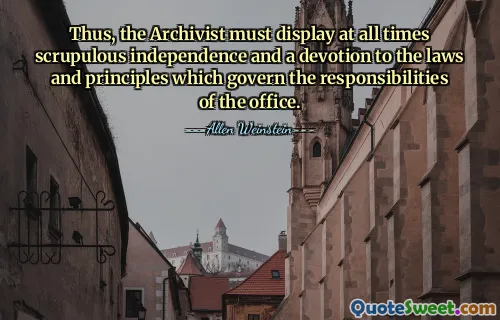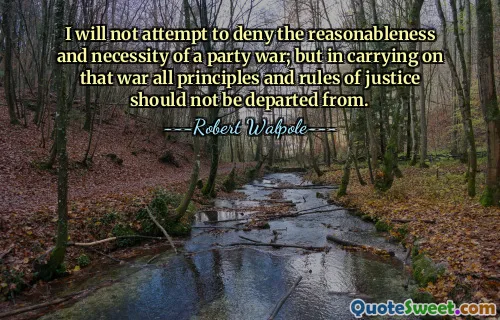It is the bungled crime that brings remorse.
P.G. Wodehouse's quote, "It is the bungled crime that brings remorse," suggests that feelings of guilt often arise when something goes wrong in a bad situation. The notion implies that when plans, particularly those of unethical nature, fail to succeed, it can lead individuals to reflect on their actions and feel regret. This perspective on human behavior highlights how people might not fully consider the consequences of their decisions until faced with the fallout of a failed scheme.
In his book, "Love Among the Chickens," Wodehouse weaves humor and complexity into the lives of his characters. The theme resonates throughout the narrative, showcasing how poorly thought-out actions lead to unexpected complications. Ultimately, it reveals the absurdity of human nature, where the initial thrill of wrongdoing can quickly turn to shame and reconsideration when faced with the outcomes of those choices.




